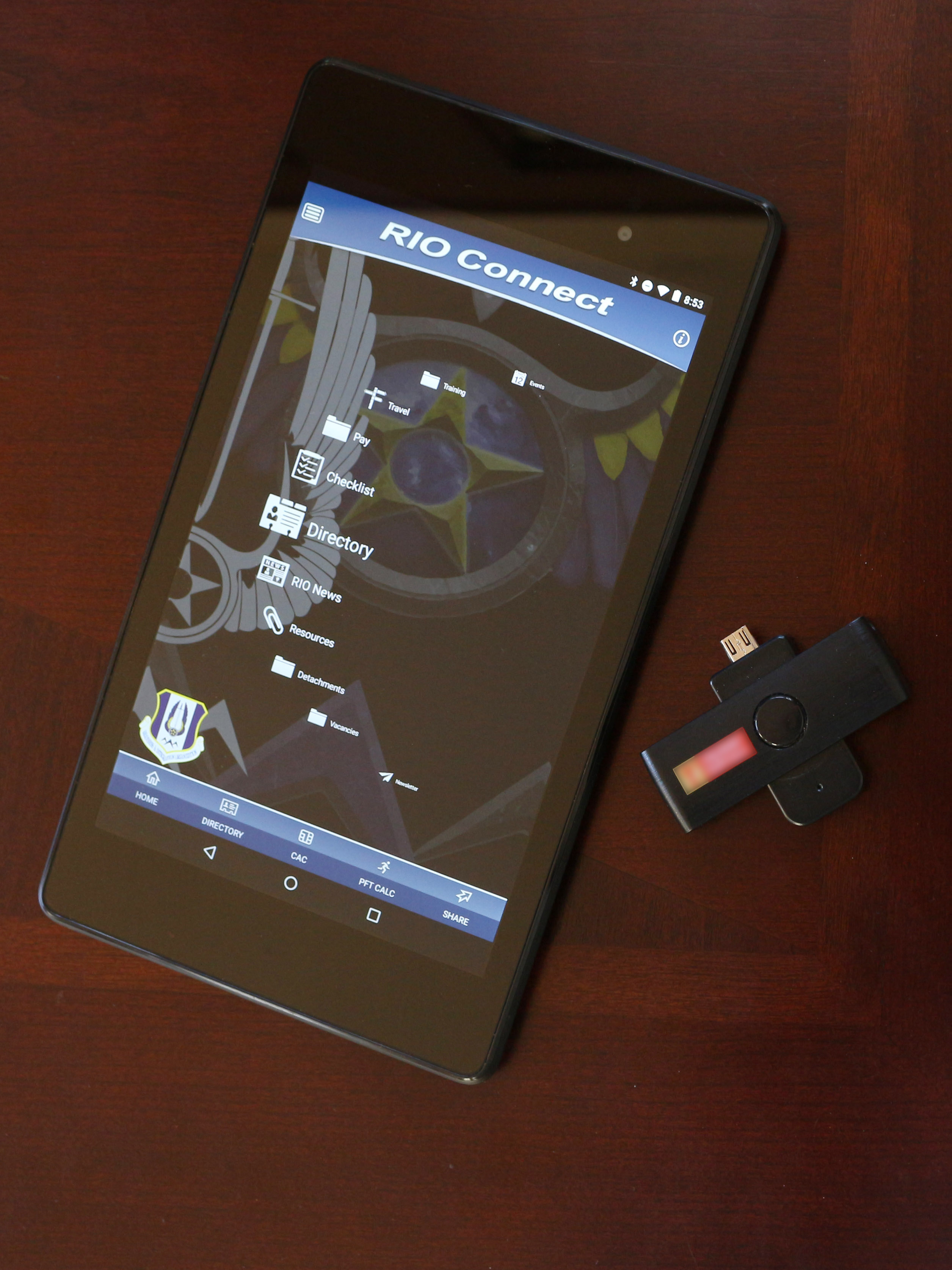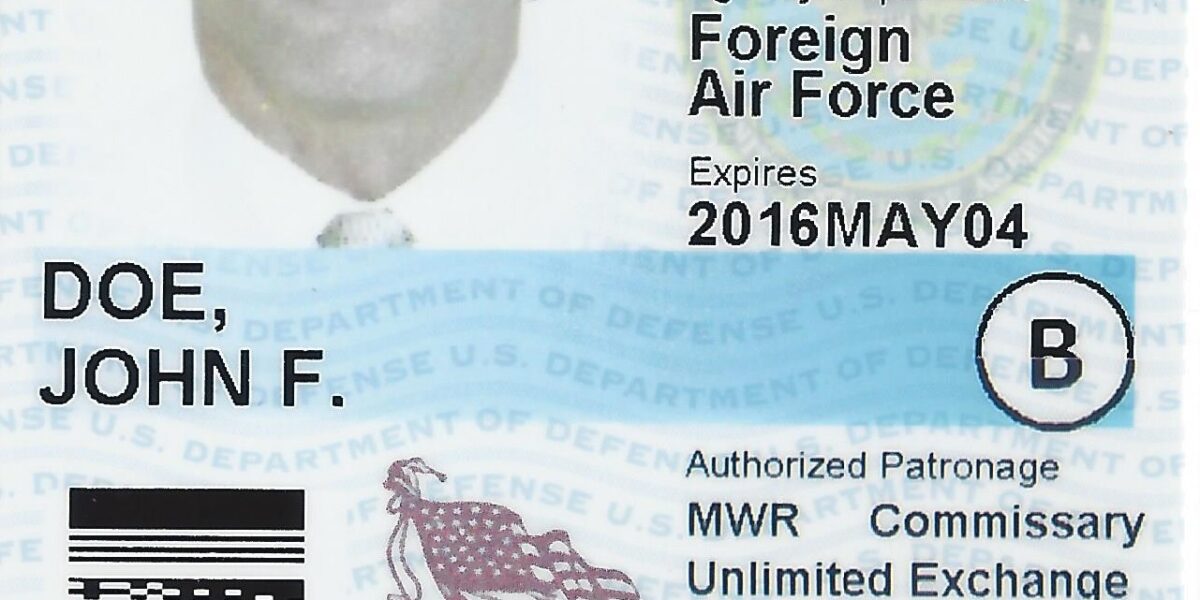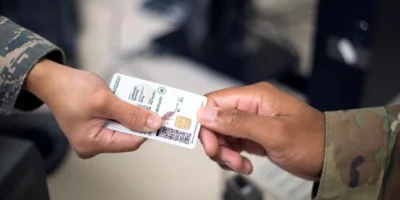We are dedicated to providing well-researched, practical information to help our readers make informed decisions and pursue their interests knowledgeably. Our team of experienced writers and subject matter experts delivers accurate, helpful content based on real-world experience and thorough research.

Our mission is to educate, inform, and assist our readers with clear, actionable information on topics that matter to them. We prioritize accuracy, practical value, and reader service in every article we publish.
Whether you’re researching a purchase decision, learning a new skill, or seeking expert guidance, we provide the reliable information and insights you need.
Our Team
Editorial Team
Our editorial team includes experienced writers, researchers, and subject matter experts who bring professional expertise and practical knowledge to every article. We maintain high standards for accuracy, clarity, and usefulness in all our content.
Our Commitment
We are committed to providing accurate, helpful information based on thorough research, real-world experience, and expert consultation. Our goal is to serve our readers with content they can trust and apply in their own lives.
Recommended CAC Readers
Looking for a reliable CAC reader? Here are our top picks based on extensive testing and user feedback:
Best Overall: SAICOO USB CAC Reader
The SAICOO is the most popular CAC reader on Amazon, with thousands of positive reviews. Works with Windows, Mac, and Linux. Plug-and-play with no drivers needed for most systems.
Best USB-C: IOGEAR GSR205
For MacBooks and modern laptops with USB-C ports, the IOGEAR GSR205 is TAA compliant and works flawlessly with government systems. 3-year warranty included.
Best Portable: 5-in-1 Folding CAC Reader
Perfect for travel and remote work. This compact reader folds to fit on your keychain and supports both USB-A and USB-C connections plus SD card slots.
As an Amazon Associate, we earn from qualifying purchases at no additional cost to you.




Subscribe for Updates
Get the latest articles delivered to your inbox.
We respect your privacy. Unsubscribe anytime.